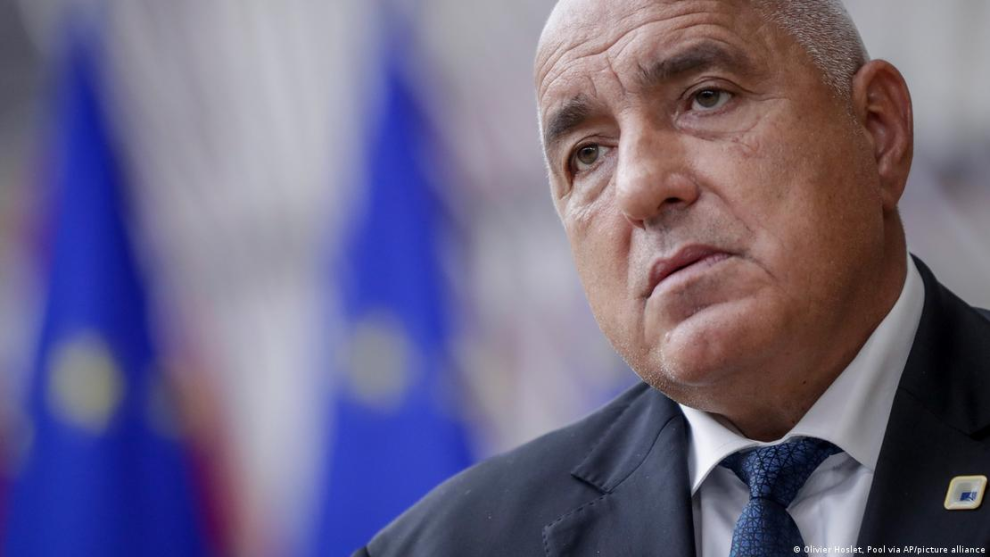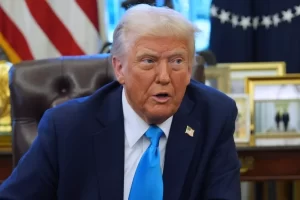The pro-European coalition Continuing the change-Democratic Bulgaria, which ranked second in the last parliamentary elections, announced that it would not support the government proposed by GERB because it had promised voters that it would not vote for former prime minister and current GERB leader Boyko Borissov.
The corruption scandals involving Borrisov when he was a prime minister are among the explanations put forward by the pro-European coalition.
“We will not support GERB because of our values. Citizens must be sure that what was promised will be fulfilled when they vote for us. We will talk to all parties about policies (not coalitions),” said the co-chair of Continuing the Change, Kiril Petkov.
“We realise that 70% of Bulgarians want an end to the political crisis and the formation of a government. We stand in solidarity with them, but we cannot support a government led by Boyko Borissov,” said Atanas Atanasov from Democratic Bulgaria.
“Much more is achieved with patience than with stubbornness,” Borissov wrote an hour later on Facebook.
Borissov won the election with 26.5% of the vote and proposed Continuing the change – Democratic Bulgaria (24.5%) to join a coalition to guarantee Bulgaria’s Euro-Atlantic path.
Bulgaria’s Western partners are pushing for the pro-European coalition to be formed as the country is emerging as the weakest part of NATO because of the strong Russian influence on Bulgarian society.
The pro-Russian anti-European party Vazrazhdane is already the third political force in the country with 14.1% of the vote, gaining a lot of popularity with an increase of 4% in the last election.
If the Continuing the Change-Democratic Bulgaria alliance sticks to its decision, GERB has no other options for forming a Euro-Atlantic majority in parliament. Borissov’s party may try to negotiate a coalition with the ethnic Turkish minority party DPS and the pro-Russian Bulgarian Socialist Party.
These three parties became known as the “paper coalition” because they allied temporarily in the previous parliament to bring back mass voting by paper ballots, which has been associated with widespread electoral fraud.
The other option, which is highly unlikely, suggests that Borissov will refuse to form a government and then support Continuing the Change – Democratic Bulgaria, which will eventually get a second mandate to form the executive in the EU’s poorest country.
Source : Euractiv































